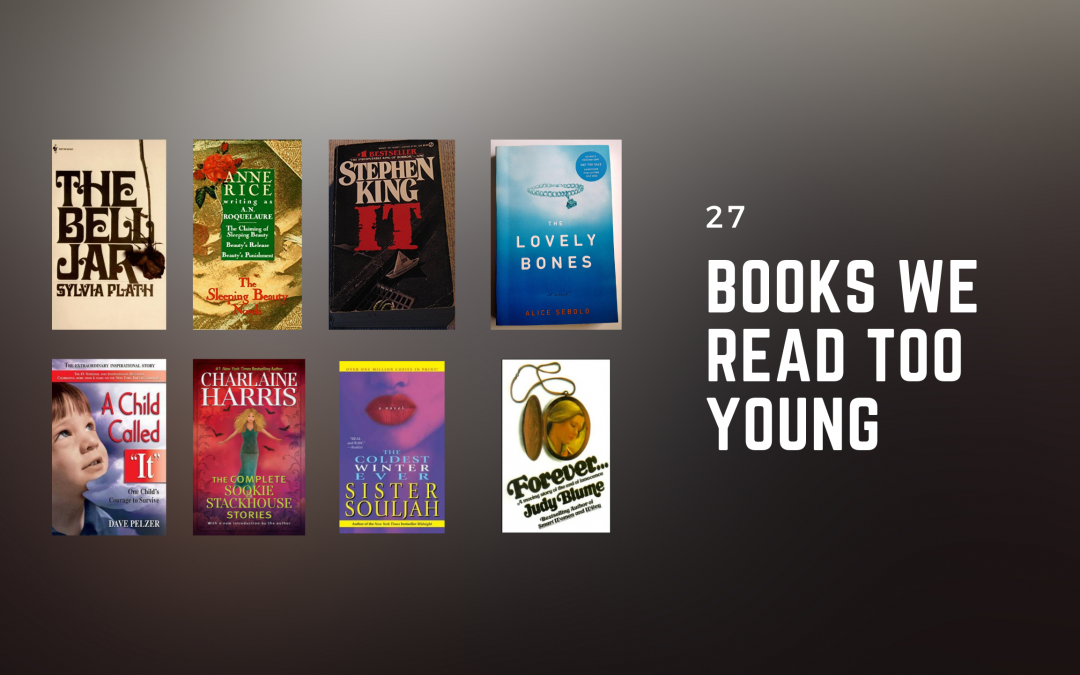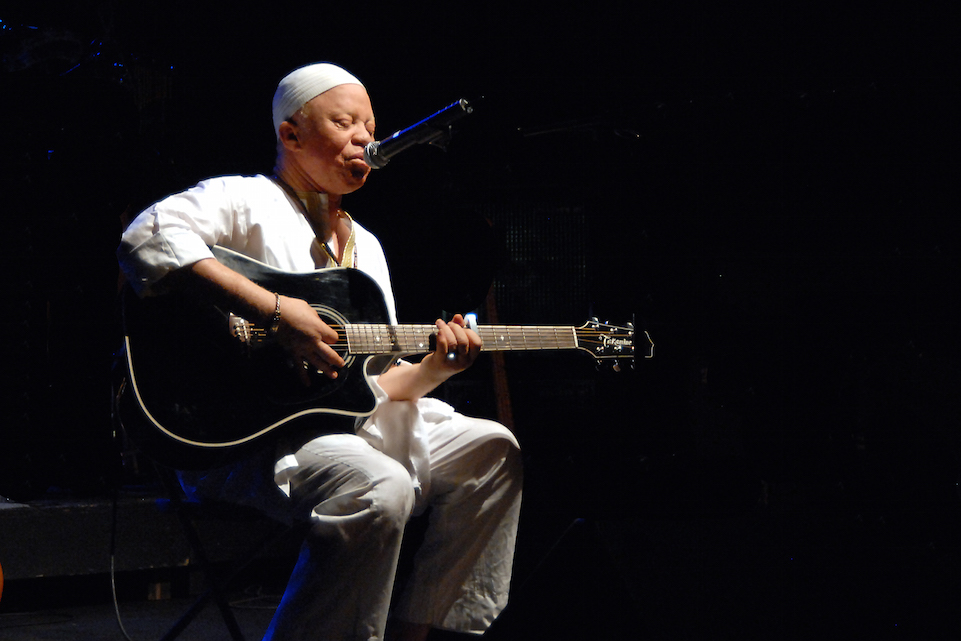
by Lynn Lipinski | Aug 22, 2021 | Essays and Features, Personal, Stories We Love, Writing
Which of these books did you sneak from the library or your parents’ bookshelf when you were way too young for it? If you were an avid and early reader like me, you powered through the kids and young adult book sections at the library fast and wandered over to...

by Lynn Lipinski | Jan 29, 2016 | Profiles, Stories We Love
People said he was cursed. Schoolchildren avoided him. His father sent him to live on the streets when he was a teenager. Mali musician Salif Keita could be a bitter, angry man, but instead, he writes beautiful songs about life, love and fighting prejudice. His most...




